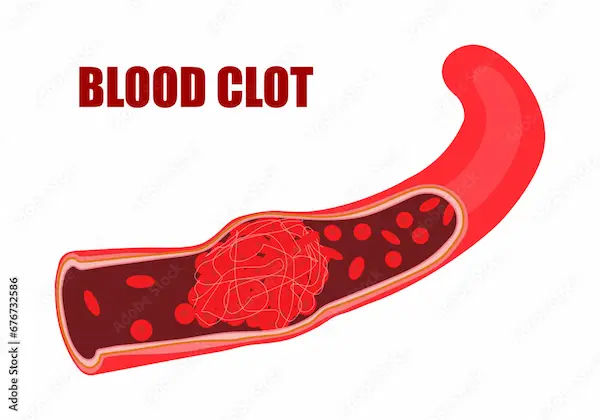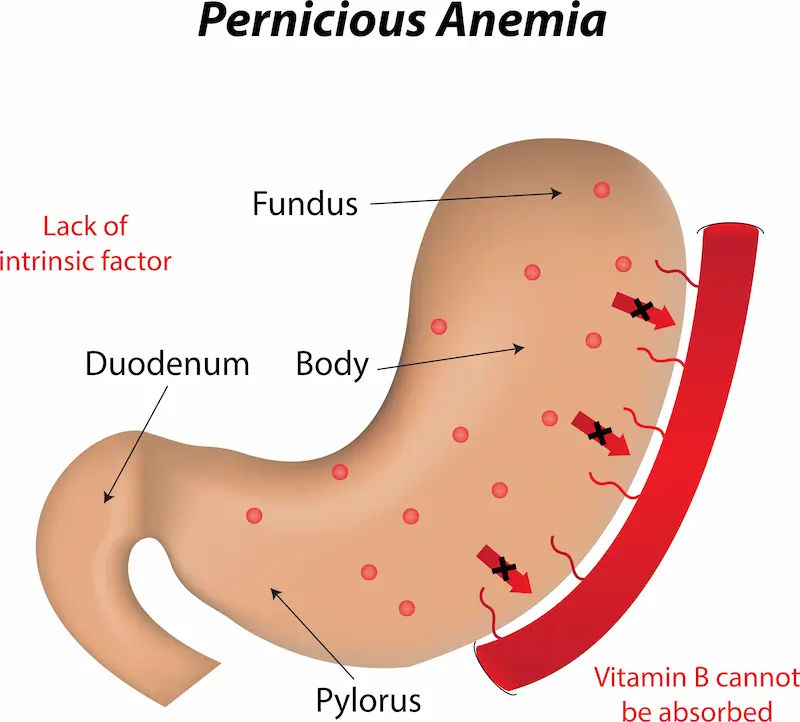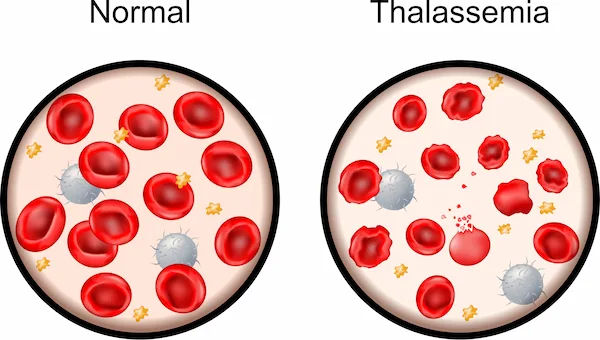- Female
- 21 Years
- 29/01/2025
I'm looking at my blood report, and I see that my hemoglobin is at 11.4, and my ESR levels are elevated. I'm a bit concerned and wondering what this might mean. Could this be a sign of an infection or something else?
Answered by 1 Apollo Doctors
a haemoglobin level of 11.4 is nothing to worry about. It is common for Indian women to have low haemoglobin. You can take tablet prosfer plus for 1 month, daily one tablet after food. Also raised esr can be seen even in normal individuals. It is better you are clinically examined once for signs of any anemia or other diseases. So kindly consult ageneral physician for further evaluation.
Dr. Ibrahim Suggests...
Consult a Haematologist
Answered 04/07/2025
0
0

More Haematology Health Queries
View allI recently got my CBC test done on March 29th, and the results showed that my lymphocyte count is at 43. Is that considered normal, or should I be concerned about it? Do I need to consider taking any medication for this?
its in normal range. no need of medication
Answered by 1 Apollo Doctors
I've noticed that my body temperature rises in the evening for an hour or so, then goes back to normal. It's not really a fever, just higher than it should be. I recently found out I have Microcytic anemia. Could there be a connection between the two? I could really use some guidance.
Elevated body temperature in the evening could be related to your Microcytic anemia. It is known that anemia can sometimes lead to a low-grade fever or increased body temperature. I recommend taking a fever reducer like Acetaminophen (Tylenol) 500mg as needed to help with the elevated temperature. However, it's important to consult with your healthcare provider for further evaluation and management of your symptoms.
Answered by 1 Apollo Doctors
I'm really concerned about my cousin. He had typhoid last year, and ever since, his platelet count has been dropping randomly, sometimes getting as low as 60k. It's weird because he doesn't have a fever or feel any other symptoms. We're all pretty worried about what's causing this fluctuation in his platelets. Do you have any idea what might be going on, and what we should do next?
take kiwi fruit
Answered by 1 Apollo Doctors
Disclaimer: Answers on Apollo 247 are not intended to replace your doctor advice. Always seek help of a professional doctor in case of an medical emergency or ailment.




